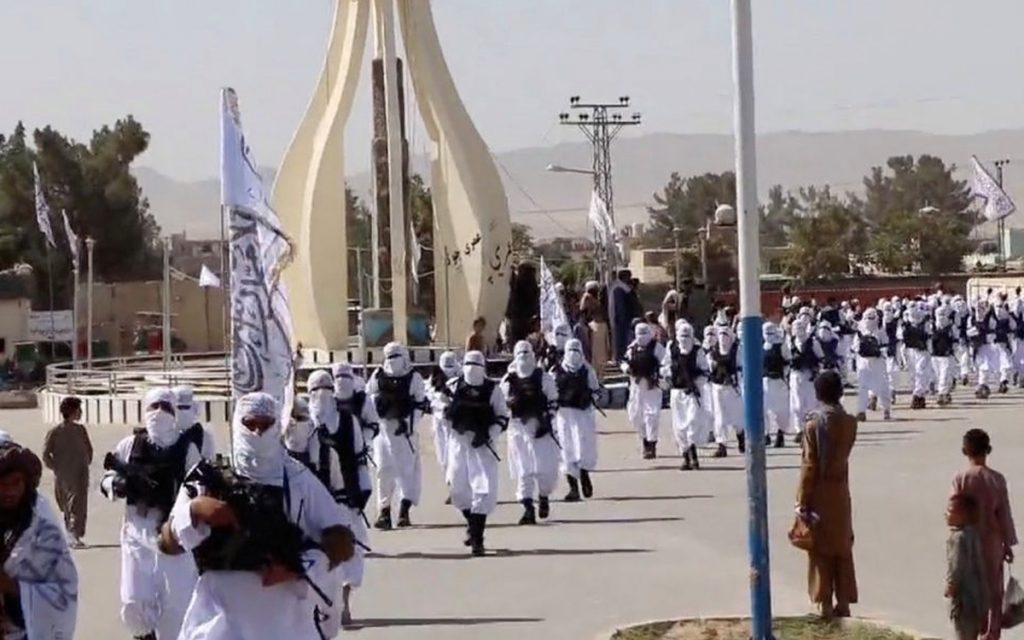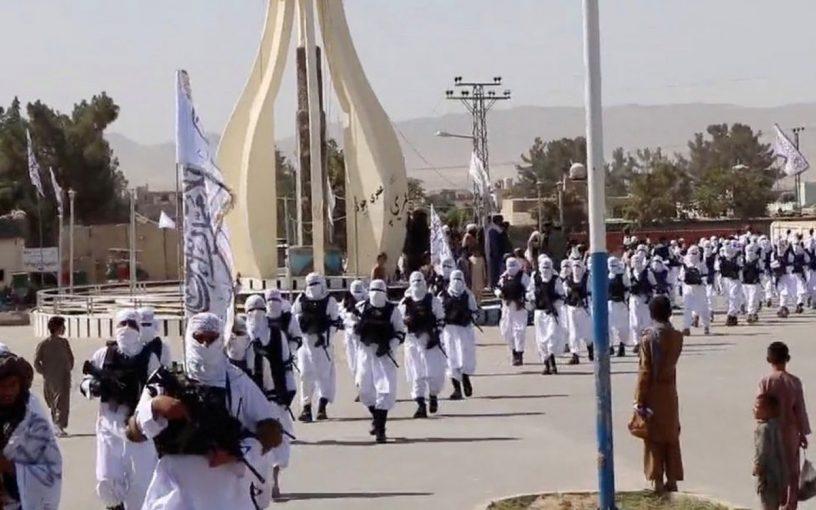
In light of the current situation in Afghanistan, there is a need to review the efforts of the UN’s International Criminal Court and the institution’s past efforts to hold those guilty of war crimes to account.
Author
Saumya Uma, Professor, Jindal Global Law School, O. P. Jindal Global University, Sonipat, Haryana, India.
Summary
As major cities in Afghanistan fall to the Taliban, fuelled by the US’s withdrawal of its troops, a new brutal chapter of the armed conflict unfolds itself with a humanitarian crisis of great proportions, mass killings, heinous crimes – particularly against women and girls, displacement and human misery. Against this volatile and complex tapestry, a call for accountability for the heinous crimes committed in the past, present and possibly in the near future, becomes necessary.
Commission of war crimes and crimes against humanity
War crimes have been committed in Afghanistan and against Afghan civilians for the past several decades. They have been committed by the Taliban, the Afghan government’s forces and by international armed forces that stationed themselves in the country after the US-led invasion in 2001, including but not limited to US and UK troops.
From 1996-2001, the Taliban captured power in most parts of Afghanistan where it enforced an extremely harsh interpretation of Sharia (Islamic) law, subjecting many civilians to horrific brutalities. The Afghanistan Justice Project, in a report titled Casting Shadows: War Crimes and Crimes Against Humanity 1978-2001, documented the commission of war crimes and crimes against humanity in different phases of Afghanistan’s political history – including during the Taliban’s brutal military campaign – by the Taliban and by Afghan and foreign armed forces.
The crimes documented include mass killings, enforced disappearances, summary executions of tens of thousands of Afghans, indiscriminate bombing and rocketing, torture, mass rape, sexual and gender based violence, persecution and other serious crimes. We cannot forget the Taliban’s strict enforcement of Sharia law on women and girls, violating their civil, political, social, economic and cultural rights; subjecting them to brutal punishments such as public stoning for their perceived transgressions.
The defeat of the Taliban in late-2001 did not bring an end to the crimes they committed. The world has witnessed a Taliban resurgence after 2001 and many heinous crimes have been committed by the Taliban in subsequent years. In 2015, Human Rights Watch documented numerous violations of international humanitarian law by persons in authority within the Afghan governmental forces – military officials and police personnel – or persons with their backing, such as local militia commanders. Crimes documented include mass killings, summary executions, torture, rape, enforced disappearances and arbitrary detention. Additionally, heinous crimes committed by US forces on Afghans, including indiscriminate and excessive use of force during arrests, arbitrary and indefinite detention, torture and custodial killings, have also been documented.
Published in: The Wire
(This is the first in a series of articles on the International Criminal Court. The Rome Statute creating the ICC entered into force on July 1, 2002 and the court is now in its 20th year. To mark the occasion, The Wire is publishing a series of articles evaluating its performance over the past two decades.)
To read the full article, please click here


